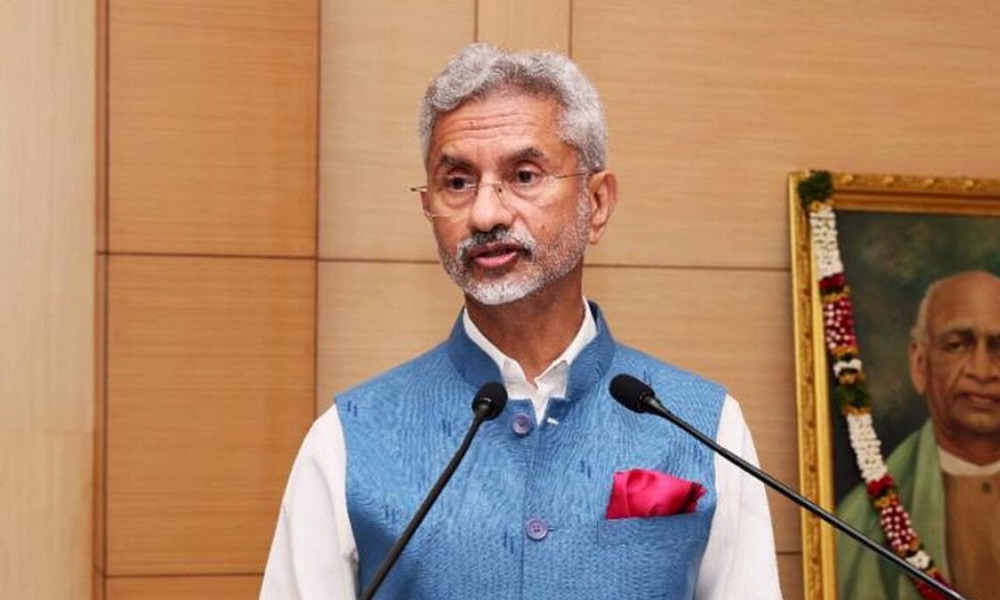India’s External Affairs Minister, S Jaishankar, confirmed on Friday that India’s approach to Afghanistan is consistently shaped by historical relations, friendship with its people, and adherence to relevant UN resolutions.
Responding in writing to a query in Lok Sabha, the lower house of India’s parliament, Jaishankar noted that over the past two years, some Afghan diplomats have departed India due to residency obtained in third countries. However, the remaining diplomats have assumed responsibility for the continued operation of the diplomatic missions in India.
“The diplomatic presence of the Islamic Republic of Afghanistan in New Delhi and the Consulates of the Islamic Republic of Afghanistan in Mumbai and Hyderabad continue to function in India,” he stated in his response.
Despite the closure announcement of the Afghan embassy in New Delhi last month, citing challenges from the Indian government, Jaishankar clarified that it was more related to an internal power struggle and the departure of diplomats seeking asylum in the West.
India, consistent with the international community, has not officially recognized the IEA and emphasizes the need for an inclusive government in Kabul.
Additionally, India insists that Afghan soil must not be utilized for terrorist activities against any country.
Highlighting India’s humanitarian efforts, Jaishankar mentioned the ongoing assistance to Afghanistan.
“India decided to assist the Afghan people by supplying humanitarian aid,” he stated, detailing multiple shipments of wheat, medical aid, and earthquake relief aid.
India’s stance on the recognition of the Islamic Emirate of Afghanistan aligns with that of the international community, Jaishankar affirmed.
He also emphasized India’s historical ties with Afghanistan, citing over five hundred developmental projects across critical sectors, showcasing the enduring partnership between the two nations.













